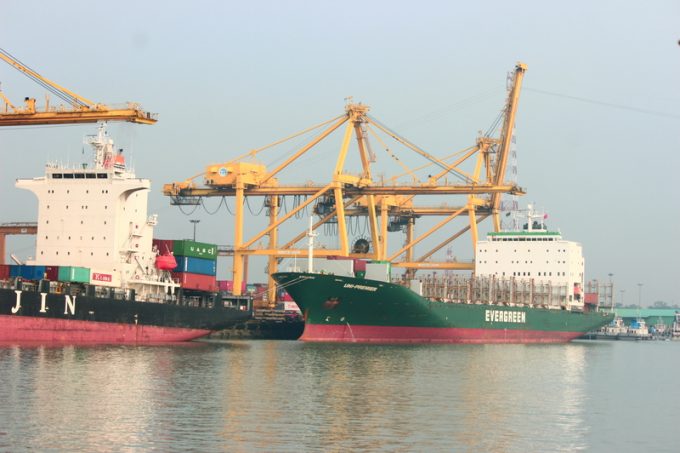Air freight rates ex-Dhaka set to surge after transhipment options are cut
Airfreight rates out of Dhaka are expected to surge after India cancelled transhipment access for ...

Shippers in Bangladesh sending a 40ft container from Chittagong to the deepsea transhipment hubs of Colombo and Singapore must pay a $100 per box bunker adjustment factor (BAF) low-sulphur surcharge.
“Some operators have been collecting the surcharge since December and some in January to adjust the fuel oil price hike,” said Iqbal Hassan, general manager of local ship agency and customs brokerage QC Shipping.
He added that from Chittagong to Europe and the US, mainline operators were charging even more: $100-$150 per teu.
In ...
Outlook for container shipping 'more uncertain now than at the onset of Covid'
Transpac container service closures mount
Zim ordered to pay Samsung $3.7m for 'wrongful' D&D charges
Shippers warned: don't under-value US exports to avoid tariffs – 'CBP will catch you'
Cancelled voyages take the sting out of spot rate declines this week
New Houthi warning to shipping as rebel group targets specific companies
Blanked sailings in response to falling demand 'just a stop-gap solution'
K+N CEO unveils impact of US import tariffs on China-origin goods

Comment on this article